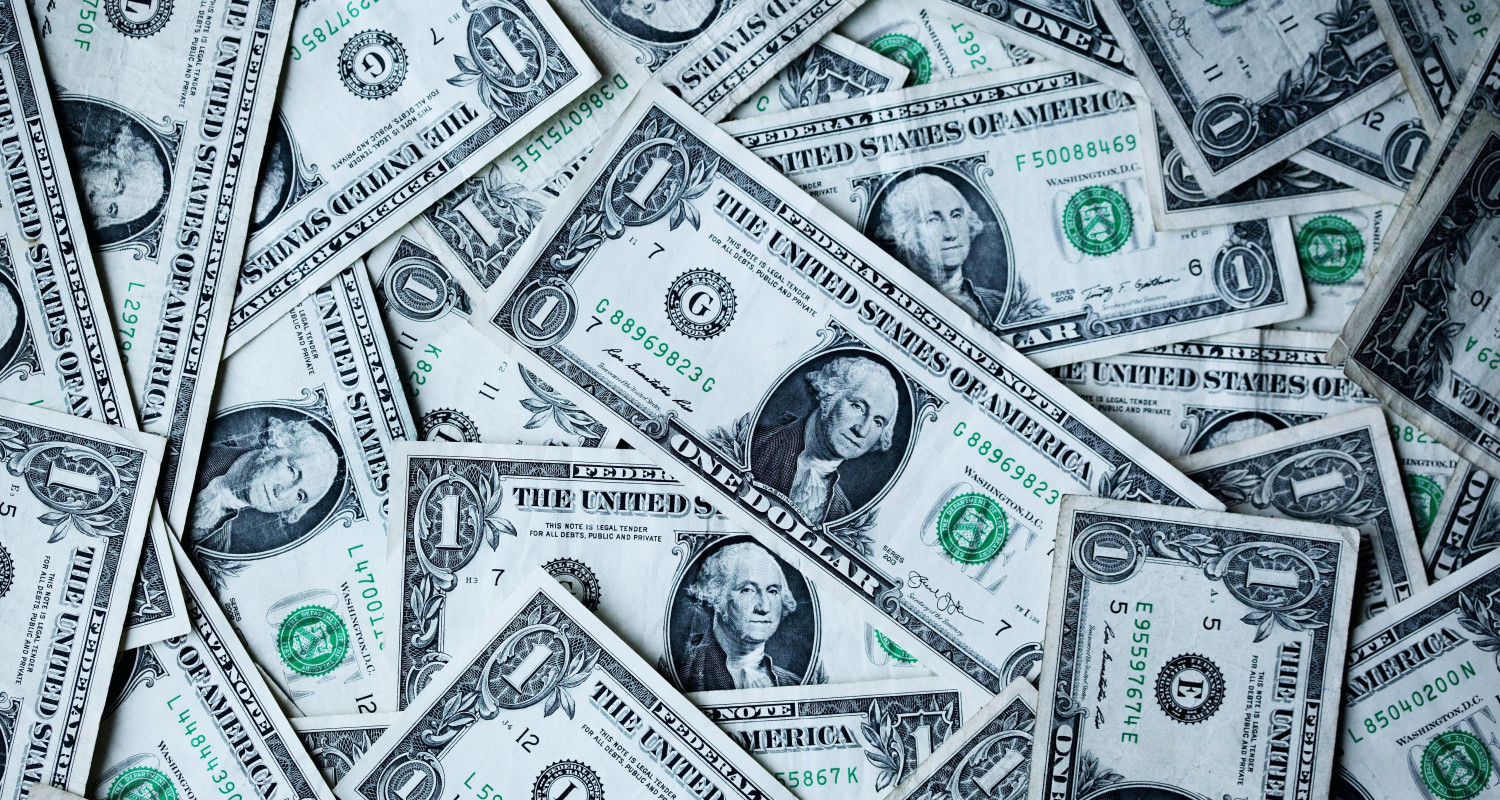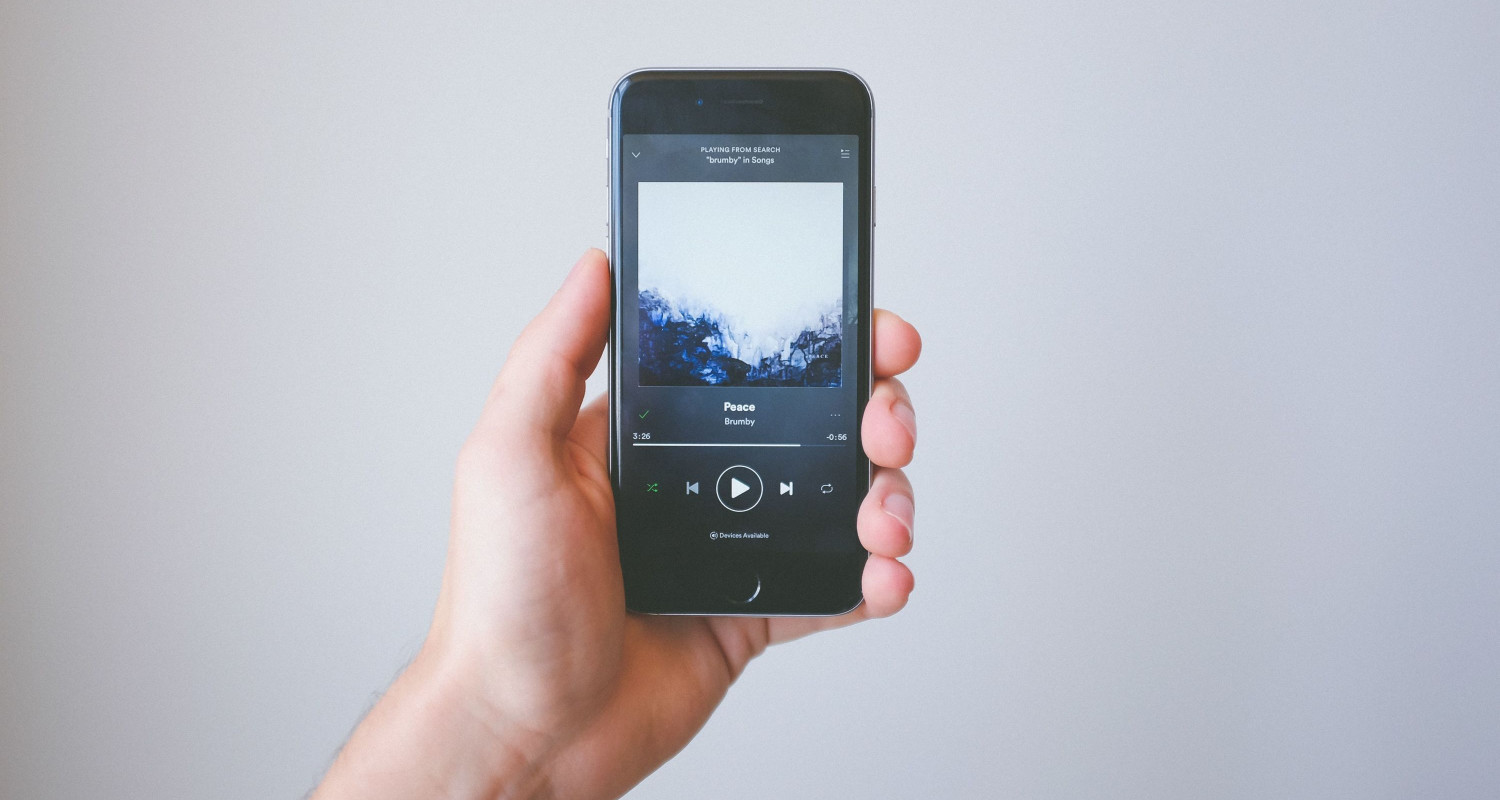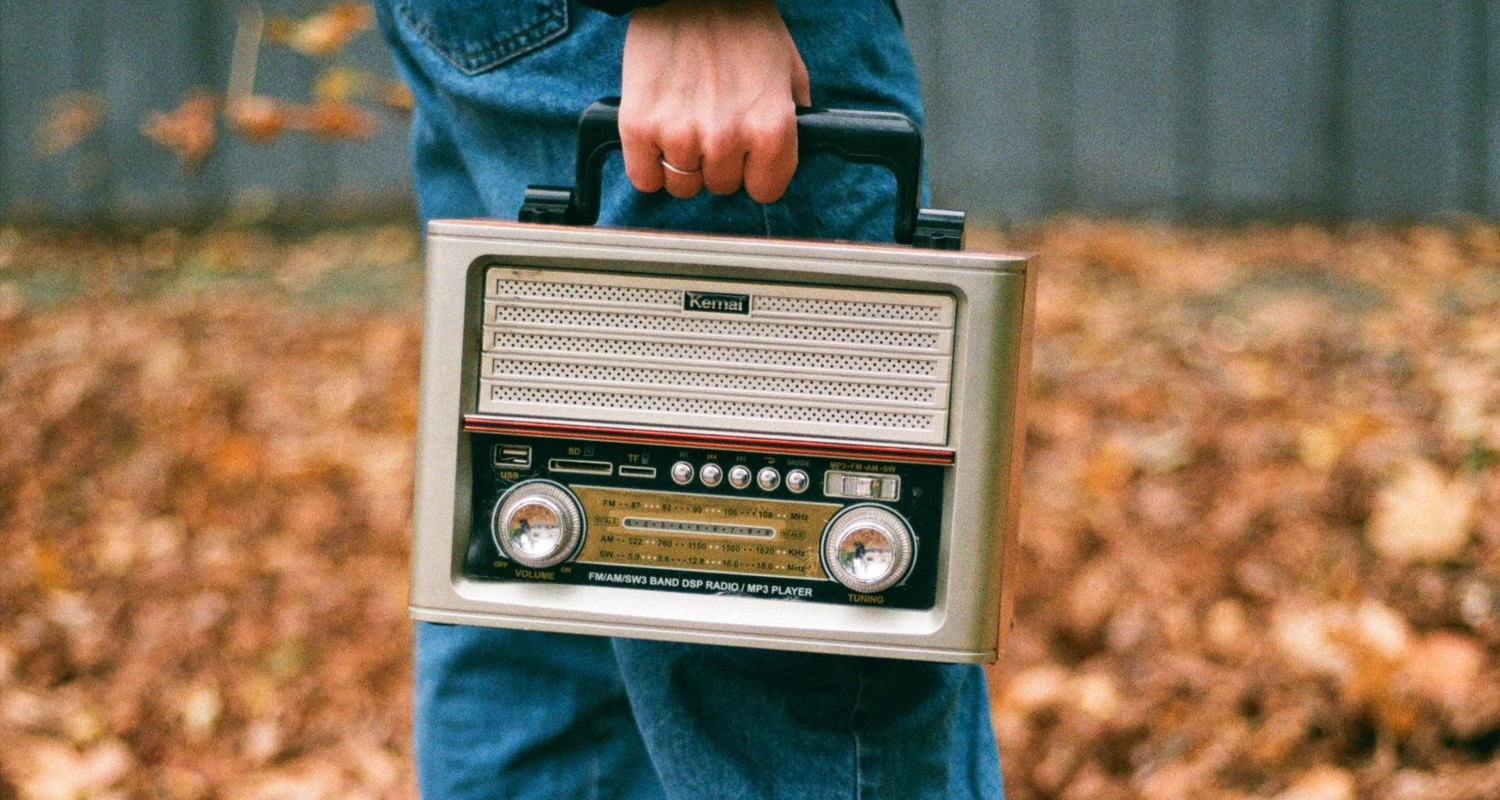- SurveyJunkie: Make $5-$25 in your free time. Just take online surveys, participate in Focus Groups and trying new products. Join SurveyJunkie Now!
When it comes to a song, we frequently think of an artist or a band, but the person who truly creates the magic is often a songwriter.
Those who claim to be composers are in charge of structuring and producing the melodies, lyrics, and occasionally chords, which is frequently a lot more work than the lead performer will need to put in.
Because of this, these important music industry members can earn far more money than a main performer, but how does this work in practice?
To know more about how much money do songwriters make, check out:
Table of Contents
How much do Songwriters Make?
According to sites like Indeed and Zip Recruiter, authors may make, on average, between $40k and $60K per year if they receive enough requests to create a song. These musicians are typically compensated through royalties and projects rather than salaries.

The music industry may choose a song and give only a royalty split to songwriters. These music writers frequently take on work-for-hire projects, waiving any claim to a royalty share. Rarely, composers would bill an hourly flat rate for their services.
Visit: How much money do songwriters make
How much do Songwriters Make Per Song?
A song’s worth is determined by its style, length, and financial limitations. Songwriters have received anything from $200 to $1000 for composing songs for independent or regional producers or singers.

Small companies and indie labels wrote songs with little chance of making money. For instance, if you were a songwriter and produced three weekly tracks at $300 each, you would earn $4,800 per month, or $57,000 annually, a respectable living in many places.
To make ends meet, though, numerous songwriters also work other jobs throughout the day or run side businesses.
Visit: How much do songwriters make per song
See Also: How Much Money Does Danny Duncan Make?
How much money does a Songwriter make per song via royalties?
The percentage of royalties that go to songwriters will vary depending on how much they contributed to the song and how well it does.

Very well-known songwriters receive per-track compensation in addition to the advantages of mechanical synchronization for each song. Total royalties payable to a songwriter range from $.02 per song stream to $.09 for each replication or sale of a song.
When a song sells, the publisher and composer each get a 50/50 split in royalties. Songs in media like TV, cinema, radio, etc., require royalties for publishers and composers (including authors; 50% each).
How much do songwriters make through radio commercials?
Commercial radio may be a more frequent name for terrestrial radio. It mainly consists of your typical pop, rock, Top 40, classic rock, and other radio channels. Although royalties might range, they are often up to $5 per spin.

Many people write songs played on the radio and split the royalties. Your music will be played at least twice daily for a month or more if it is in rotation. With a handful of those, you ought to be profitable.
See Also: 10 Different Ways You Can Make Money by Drawing
How much do songwriters make through the Satellite Radio?
As subscribers, satellite radio is bargained differently than traditional radio. Ads are another source of income for satellite radio. The large amount of up to $35 per spin for satellite radio!

A couple of my pals could frequently acquire daily rotation on satellite radio. While your music is being played, a daily spin can cover your entire rent for a month or two.
What are the songwriter’s earnings from College radio?
Different ways are gathered and negotiated for college radio. Tracking who plays is challenging because college radio programming is so diverse.

College radio stations sometimes share their playlists with PROS. PROS listens to college radio stations a few days each year to compile reports on college spins. PROs analyze this data to estimate song plays and pay artists accordingly.
Spins on college radio in the United States must generate at least $0.06 per spin. However, the amount can vary based on the station, the show, and the audience size. Spins on college radio in the United States must generate at least $0.06 per spin.
However, the amount can vary based on the station, the show, and the audience size.
See Also: How To Make 1000 Dollars Fast (40+ Ways to Earn $$$)
FAQs
Do songwriters have any other options for generating more money?
By assuming extra responsibilities in the music business, such as producing, working with other artists, or licensing their music for usage in movies, advertising, or video games, songwriters can diversify their sources of revenue.
How do songwriters negotiate upfront payments for songs?
Advance remuneration may be subject to negotiation depending on the particular deal and the songwriter's bargaining stance. They may negotiate agreements in conjunction with music publishers or directly with musicians, depending on the song's potential, their prior performance, and industry norms.
What elements affect how much do songwriters make?
The amount of a songwriter's success, the appeal of their songs, the number of songs they've composed, their publishing contracts, and their capacity to land placements in significant projects may all affect how much money they make.
Can independent songwriters support themselves purely via their songwriting?
Making a career purely from songwriting is challenging, yet it is achievable for independent songwriters. Consistent songwriting, excellent self-promotion, and a solid network in the music business are frequently necessary to have a long-lasting career.
Do any organizations assist in the collection of composers' royalties?
Yes, PROs like ASCAP, BMI, and SESAC aid in collecting and distributing royalties to composers for the use of their music in public. Joining one of these groups guarantees that songwriters pay what they are due.
Is songwriting a trustworthy profession?
Due to the unpredictability of the music industry, songwriting may be a rewarding job, but risks are involved. Success typically requires talent, dedication, tenacity, and the ability to adapt to new trends and technologies.
Conclusion
Songwriters’ income varies greatly depending on their level of accomplishment, genre, and songwriting credits. Songwriters often receive royalties from their songs.
Although the royalty percentages might vary, they typically get between 9 and 11 percent of the song’s sales. A popular song might earn a good living, while obscure songs may make much less.
Depending on their negotiation ability, these fees might vary from a few hundred to several thousand dollars. In conclusion, the income of songwriters may need to be revised. Building a sustained profession frequently takes skill, perseverance, and a little luck.
